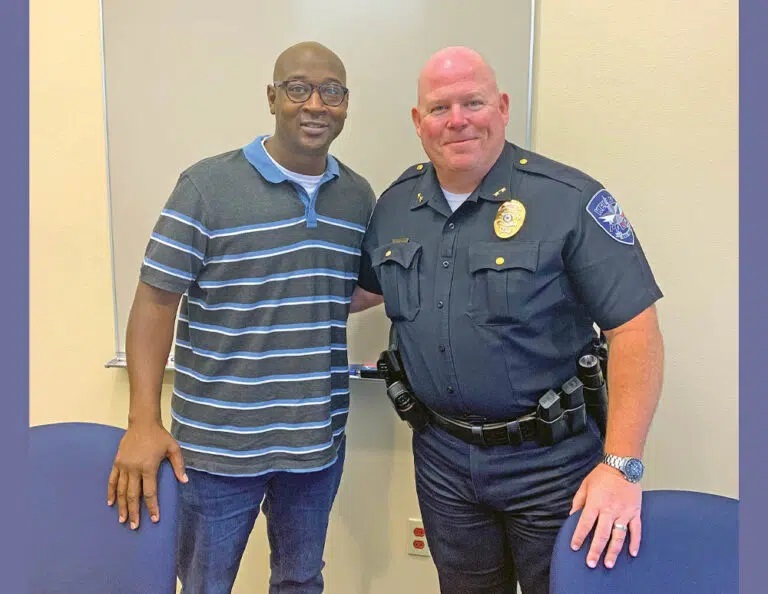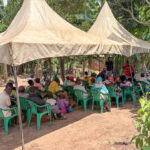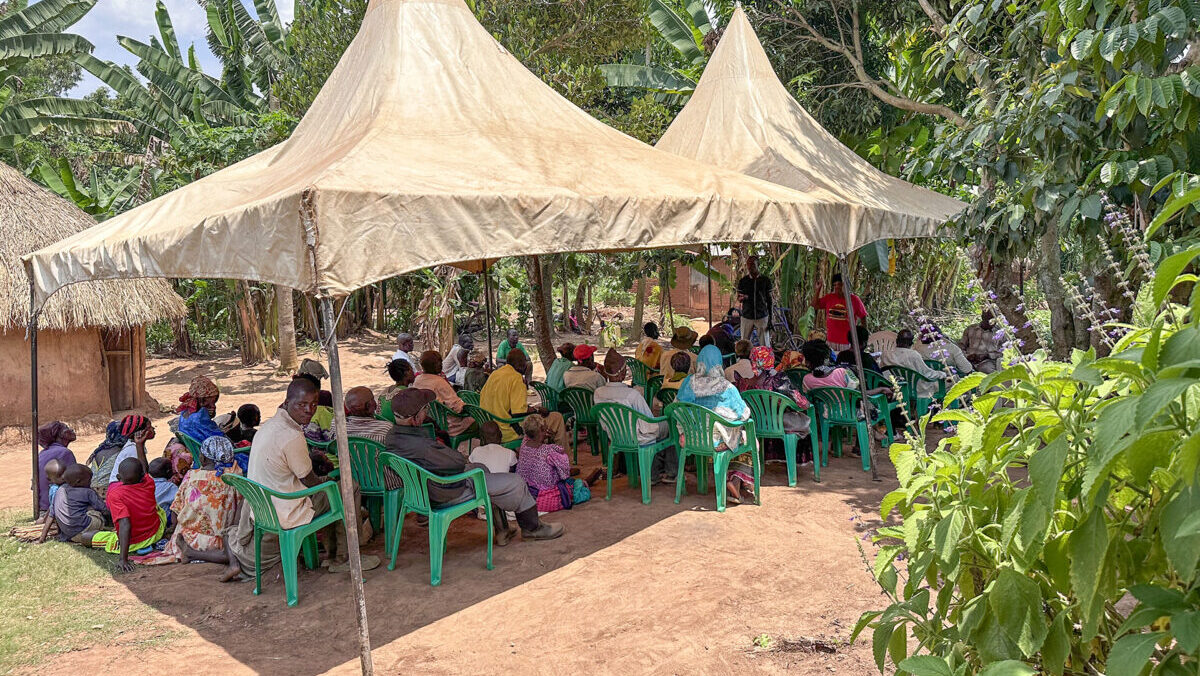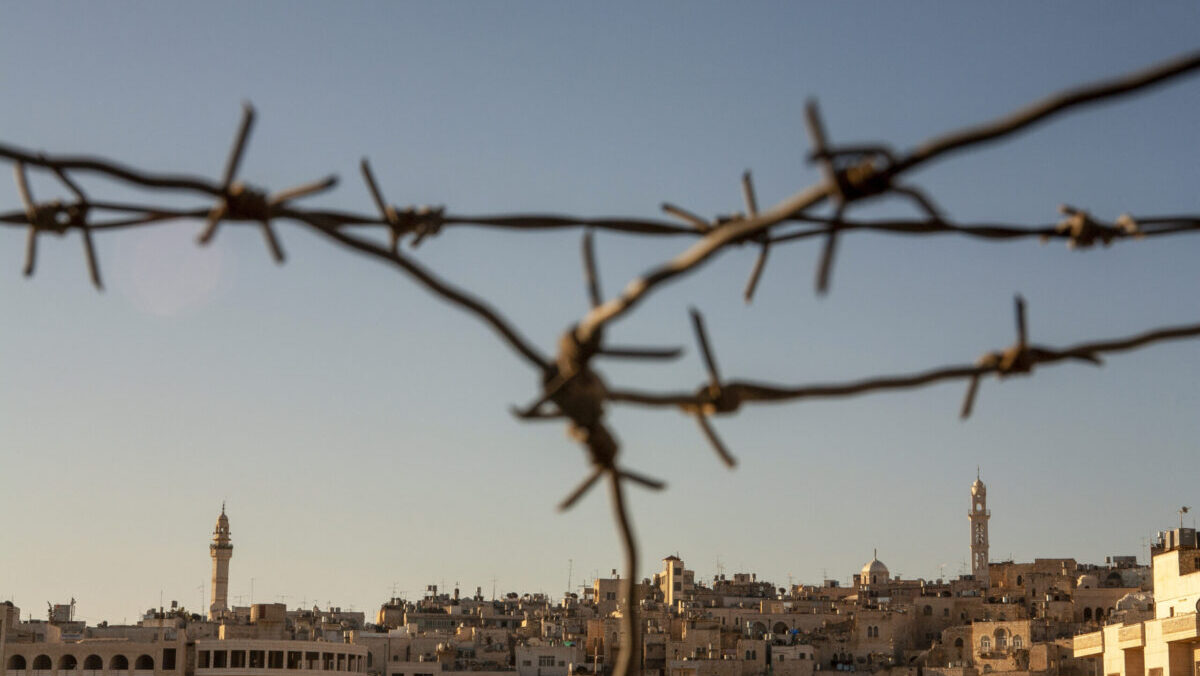A couple of years after Kason Branch planted Creekstone Church in Keller, he had an idea that he believed would improve his community.
“With so much civil unrest between the police forces and citizens, I felt the need to foster better communication,” he said. “This was around the time that Botham Jean was killed in Dallas [2018], a very volatile time. I wanted to help people talk to one another within our community, rather than allowing things to spiral out of control.”
Getting ahead problems
“We wanted to get out ahead of future problems in our town so we could talk to one another in a civil way if something does happen,” Branch said.
The pastor spoke to then-Mayor Pat Magrail, who “had a heart” for this kind of initiative. Magrail put Branch in contact with then-Police Chief Michael Wilson, who was also enthusiastic about the possibilities. The small group of city leaders met and lined out the purpose and structure of an advisory council.
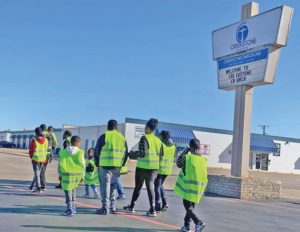
“The main thing we’d do when we came together is review police complaints and uses of force,” Branch said. “We also reviewed all internal affairs investigations. But we are not police officers, and we don’t get to say what happens. We offer advice and say what we think might be the best way forward for our community. I’m encouraged to say that the chief was always good to listen and take our advice seriously.”
Council members also participated in special trainings: active shooter drills, patrol ride-alongs, and school lockdown drills in order to better understand the daily work of a Keller police officer.
‘Not about pointing a finger’
“I’ve always had a healthy respect for police,” Branch said. “It’s not about pointing a finger of blame at police officers, but about building better communications within our city. The police officers welcomed this because it gives more people a chance to see that they are doing good work. Indeed they are!”
In 2020, the council’s value was proved when Keller was in the national news after a Keller police officer was accused, and later charged, after he was recorded on his body cam arresting and pepper spraying a Hispanic man for standing on the sidewalk videoing the arrest of his son for a traffic violation. The officer left the force and the chief issued a public apology to the victim. Having a council in place before the crisis helped with communication between the police and the city.
Branch recently transitioned off the council because his church plant has purchased a new facility in neighboring North Richland Hills — the church’s first permanent home. The fact that a pastor initiated the formation of the council and, after he resigned, a pastor followed him on the council was of significance to the city and to the churches.
‘Salt of the earth’
“We are called to be the salt of the earth,” Branch said, “and as such, to be able to partner with others to do practical ministry in the community. I believe this is part of what God has called us to do. We do this because we believe the gospel should be lived out.
“This has strengthened my resolve that all Christians should be concerned about what’s going on in our communities Monday through Saturday. Without necessarily getting into the politics of the community, we should get into the betterment of the community,” he added.
To other churches, he said, “This is transferrable. I think it could be done in every community, and it would be welcomed in every community.”
EDITOR’S NOTE — This story was written by Gary Ledbetter and originally published by the Southern Baptist Texan, news service of the Southern Baptists of Texas Convention.

